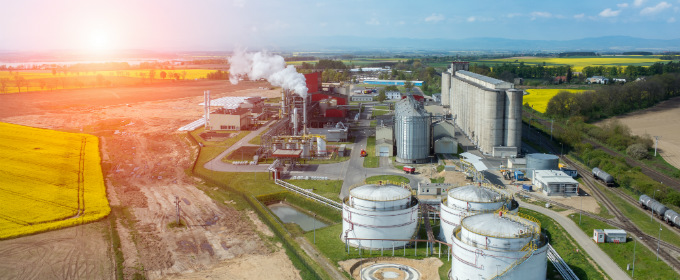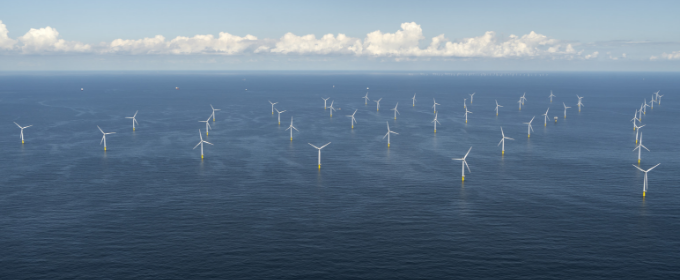Simon Bullock is a PhD student at Tyndall Manchester, working on shipping and climate change. In this blog Simon discusses the Net Zero report published this month by the Committee on Climate Change (CCC) and argues that under the principles the CCC is rightly advocating, this 2050 date is too late. This month the Committee […]








